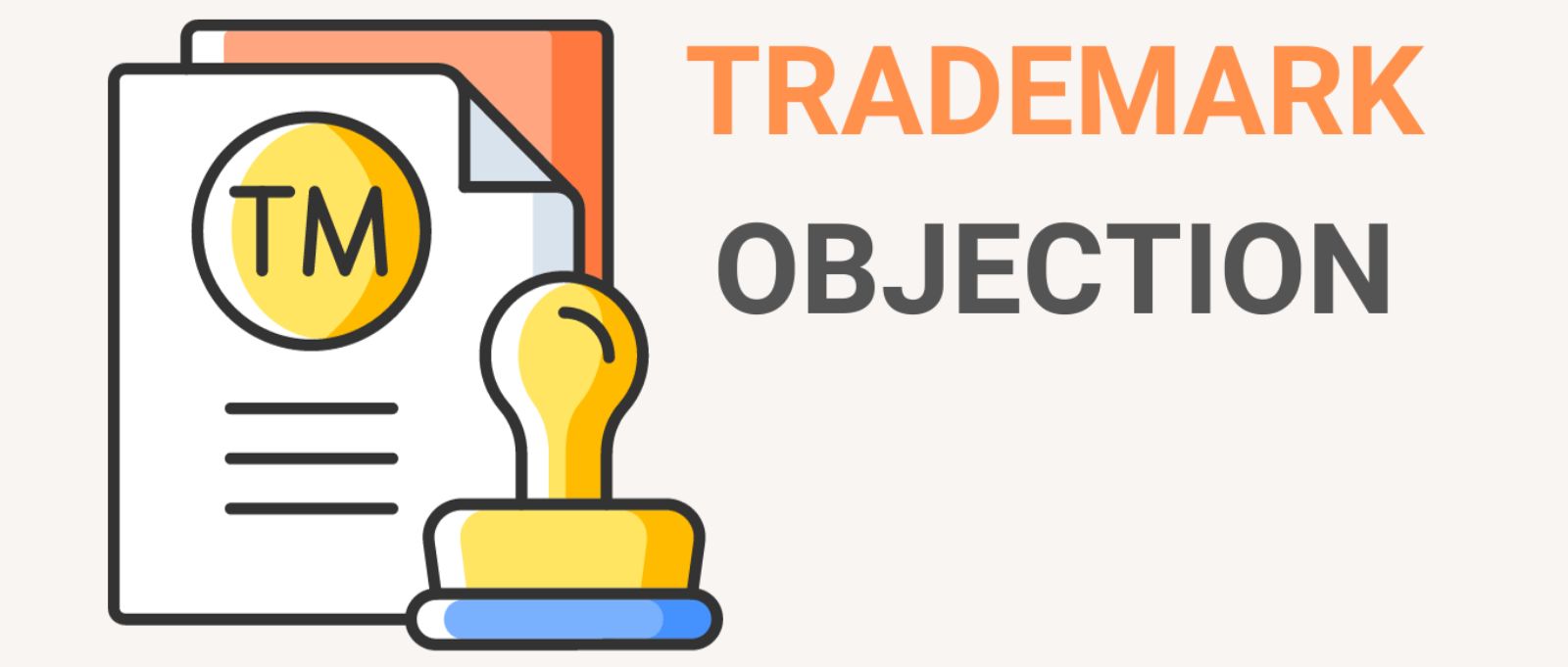
Trademark Objection Process in India
In India, the trademark objection step is significant during the process of registering a trademark. At this point, the officer carefully checks your chosen brand name to ensure it meets all the rules. If there are any problems or issues, they will let you know. It's essential to fix these issues to ensure your brand name gets registered without problems. This ensures your brand name follows the trademark law and isn't too similar to other brand names. With help from IndiaFilings, dealing with these issues is easier, helping you get your trademark registered smoothly.
What's a Trademark?
Before diving into trademark objections, let's understand what a trademark is. In India, a trademark can be a unique sign, picture, or name that shows people who made a product or offered a service. It is a business's special ID showing its brand and quality. Registering your trademark means you get special rights to use it, and others can't use it without your approval.
Trademark Registration undergoes the following steps:
- Trademark search
- Filing of trademark application
- Formality inspection
- Formality inspection
- Grant of trademark registration
A registered trademark cannot be used by any third person without authority, thus protecting it from any infringement.
Trademark Objection
As mentioned above, Upon submitting a trademark application to the Indian Trademark Office, it undergoes a rigorous examination. If the officer identifies inconsistencies or potential overlaps with existing trademarks during this scrutiny, they will issue an objection. In the business context, it's essential to understand that an objection isn't a denial but a request for clarification or adjustment. Addressing this promptly and adequately is vital for ensuring smooth trademark registration.
If the mark contains offensive or obscene images or words, it might face objection.
Reasons for Trademark Objections
The Indian Trademark Office might object to a trademark application based on specific grounds detailed in Section 9 and Section 11 of the Indian Trademarks Act. The primary reasons are when the submitted trademarks lack uniqueness, are too descriptive and generic, or clash with previously registered or pending trademarks.